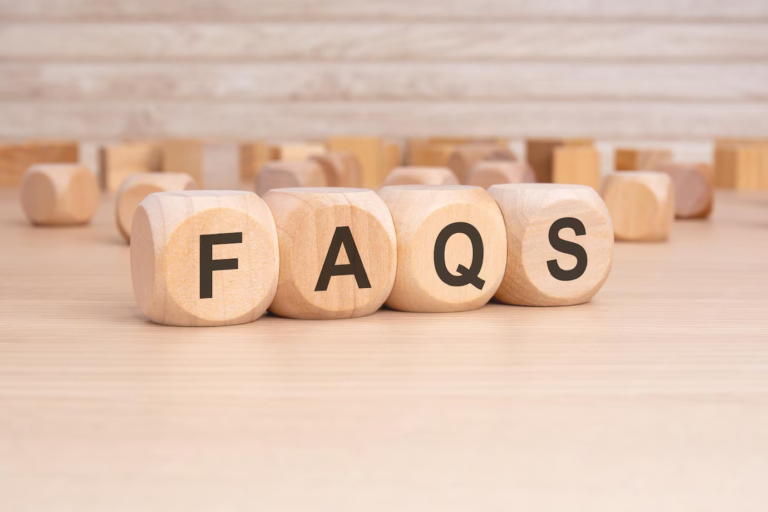Boost Brand Impact with CustomWeb Development Services
Delimp Technology is a leading company that develops websites, with having team of skilled web designers, UI/UX experts, web developers, SEOs, digital marketers, and managers.
- Custom Web Development
- CMS-Based Websites
- E-commerce Development
- SEO-Optimized Websites
Consult With Our Web Development Experts Now

Our Web Development Services
Web development services guarantee a positive user experience for web users and assist in the creation of all kinds of web-based products.

Benefits of Working with a
Web Development Company
Since the entire world is becoming digital, there is a great need to hire a web development agency to improve web development services of companies, particularly for startups and established organizations.
- Expertise & Experience
- Custom Solutions
- Time Efficiency
- Latest Technologies
- Ongoing Support
Why Choose Delimp Technology for Web Development Services?
Delimp Technology delivers custom Web Development Solutions tailored to your business needs. With expertise in responsive design, SEO optimization, and user-focused UI/UX, we create high-performing websites that engage and convert. Our team supports multiple platforms including WordPress, Shopify, and Laravel, ensuring scalable, secure, and fast digital experiences. From concept to launch and beyond, we offer full-cycle development and reliable post-launch support. Choose Delimp for innovation, performance, and results that help your business grow online.


- Experienced Team of Professionals
- Trusted Company
- Cost-effective Services
- Updated with Latest Technologies and Tools
- Professional Quality Web Design
- User-friendly Interface on Websites
- 24*7 Available
- On-page SEO Assured on Websites
- Customized Websites Based on Client’s Demand
- Worked with Numerous Happy Clients in the Past
Frequently Asked Questions (FAQs)
The timeline depends on the project scope, but most websites are completed within 2 to 6 weeks.
Yes, we design all websites to be fully responsive and optimized for mobile devices.
Absolutely, we can redesign, modernize, and enhance your current website for better performance.
We offer both, but we specialize in custom designs made to your brand and goals.



